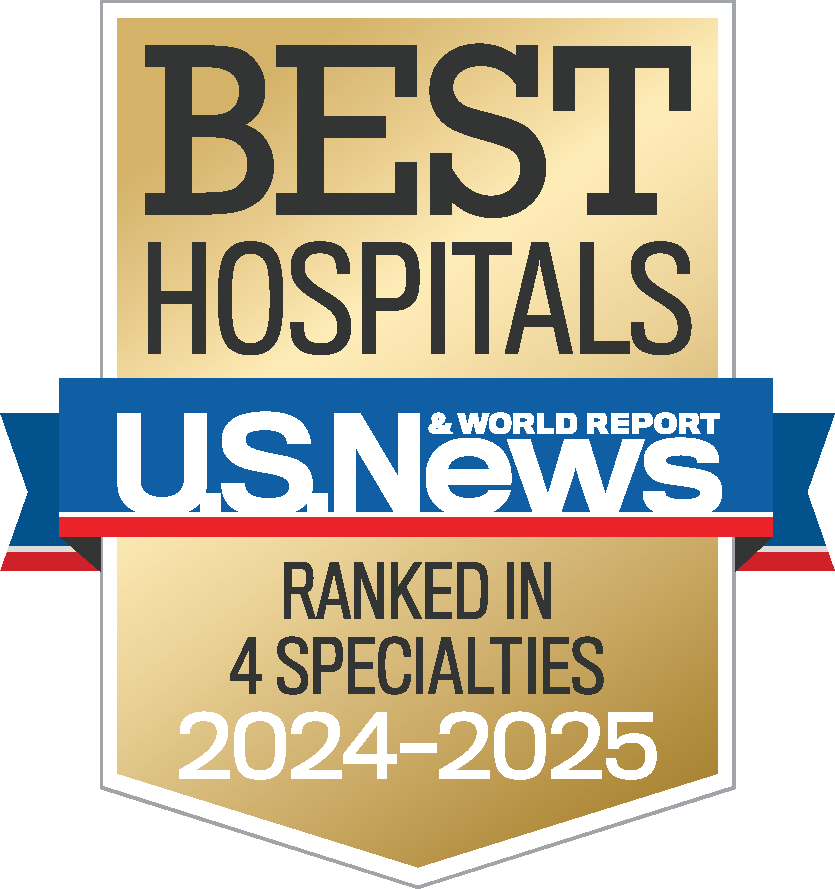What is an LVAD?
Physicians at Baylor St. Luke's Medical Center and the Texas Heart® Institute believe that a left ventricular assist device (LVAD) is the first acceptable solution for the long-term support of heart failure patients because it allows them to leave the hospital and return to active, productive lives.
More than 4 million Americans have congestive heart failure, a chronic condition where the heart loses its ability to pump blood efficiently. The disease causes fatigue and shortness of breath as fluid accumulates in the lungs and tissue. The leading cause of heart failure is damage to the heart muscle from coronary artery disease or high blood pressure.
The LVAD is known as a left ventricular assist device because it helps the left ventricle—the heart's main pumping chamber—circulate blood throughout the body. The device consists of a pump that is implanted in the abdomen, which has an electrical cable that connects to external battery packs. The patient wears the packs on the shoulders, and the electronic controls are on a belt.
Baylor St. Luke’s Medical Center is among the nation’s first cardiovascular centers to offer LVADs – the Thoratec HeartMate® XVE, the HeartMate® II LVAD, Jarvik, and HeartWare® – for destination therapy and bridge to transplant for patients that have end-stage heart disease.
Destination therapy is a permanent option for patients with heart failure who are not candidates for heart transplantation.
Bridge to transplantation (BTT) is a treatment option in which an LVAD is used while a patient is waiting for a heart transplant.
Is an LVAD an approved treatment option?
The FDA approved the HeartMate® LVAD for destination therapy based on the results of the landmark REMATCH clinical trial. This trial demonstrated that the device nearly doubled and tripled survival at one and two years, respectively, and it improved the quality of life in this patient group. Physicians at the Baylor St. Luke’s Medical Center Transplant Center and the Texas Heart® Institute have implanted over 1,000 LVAD devices since 1986.
The Texas Heart® Institute at Baylor St. Luke’s Medical Center originated the laboratory and clinical research on all LVAD pumps, including the HeartMate® XVE, HeartMate® II, Jarvik, and HeartWare®, and implanted the first 20 HeartMate® LVADs in the world. O.H. “Bud” Frazier, MD, and his team initiated the research, which led to the REMATCH study, and have implanted more of the devices than any other heart center worldwide.
Is an LVAD a pacemaker?
The LVAD is different from a pacemaker. A pacemaker helps correct a slow or irregular heartbeat by stimulating the heart with electrical impulses. Meanwhile, an LVAD helps the heart effectively pump oxygenated blood. In doing so, it can also help other organs, such as the lungs and kidneys, function better. Additionally, the entire pacemaker is implanted within the body, whereas an LVAD connects to external battery packs and a control belt that the patient must wear.
If you have congestive heart failure and want to know if you may be a candidate for an LVAD as a permanent implant, please contact us at (832) 355-2285 or toll-free at (877) 685-0361. You can also request a consultation online.




